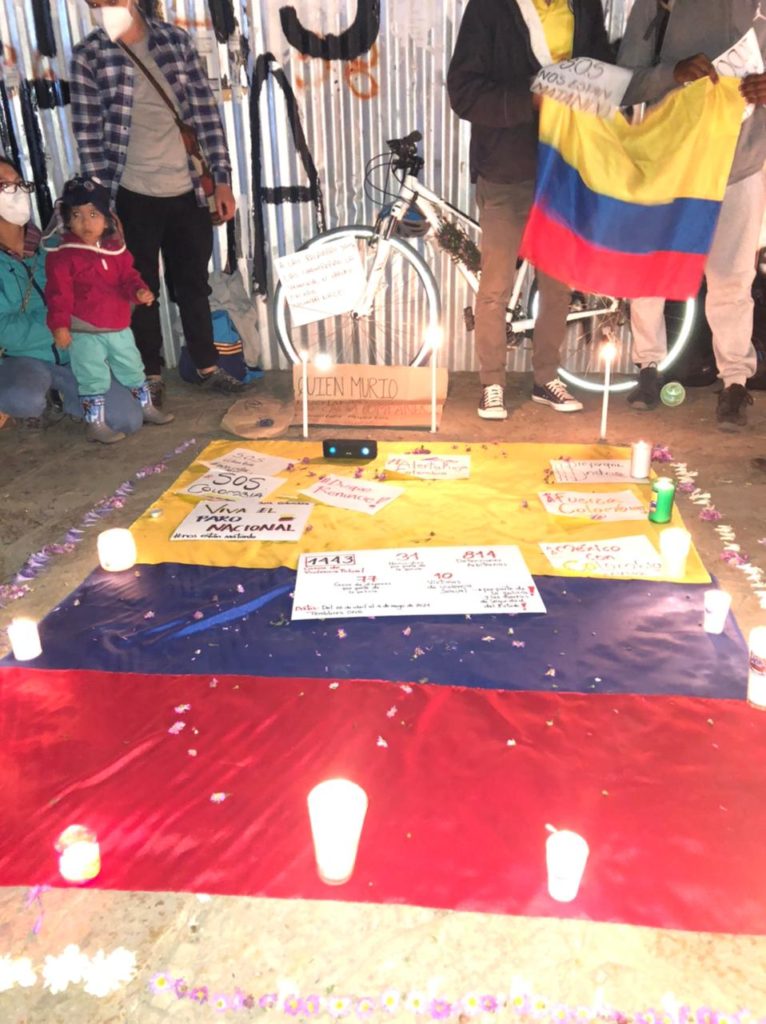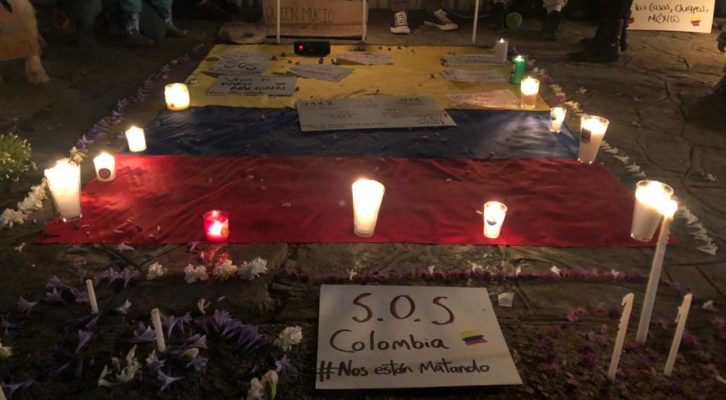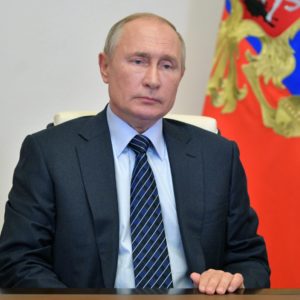During this week I received calls and messages from friends from all over the world concerned about my safety, with enough gratitude I tell them that for me things have been calmer, despite the sleepless nights, the permanent anxiety, and anguish to hear new cases of disappeared, tortured, and murdered, my house is calmer. This week I have been able to reflect on my privileges, but also on the injustice and pain of seeing how we continue to be a country which is excluded, marginalized, and poor care less than a dozen eggs to the Colombian Government.

A historical discontent
We cannot cover with our fingers the tragic reality of Colombia, we went from being a colony to be a country governed by local elites, and then along the way we became a narco-state, our country is a badly administered farm, we become one of the five most unequal countries on earth and with the highest internal forced displacement in the world.
The “development” of the country, from a modernist and foreign vision, ignoring our biocultural wealth in the territories, has been given by the crumbs that reach the cities and municipalities after the corruption bite, because those who make the national and local decisions live deeply disconnected from the reality of their country and its people, one does not love what one does not know.
Last year, the fragile legitimacy of the Colombian State has been further fragmented, when the National Government responded by spending the public budget on weapons to kill the Colombian people, with glyphosate for our fertile soils, with health reform amid a pandemic and war while we work for peace.
Let us not be confused, we are not marching only for tax reform, we are marching because we can no longer bear the indifference of our leaders, the neglect of the state in rural territories, the classification of first- and second-class Colombians, the unjust bias of a government that legislates to support their elites, leaving their doctors, their teachers, their students, and their peasants in oblivion. We just get tired, and students from all over the country, especially from Cali, are giving us a lesson in dignity.
The power of empathy
Death in Colombia has become in part of the landscape also, the disappearance of those who think differently. In Colombia we solve the difference with violence, why we are the largest mass grave in the world, all regions of the country have experienced a massacre in which the Colombian State has had something to do with it. Now the violence is intensifying in the most populated cities, there are 379 disappeared in a week in protests. However, neither by censoring us nor with purchased media can the Government can´t cover up the cemetery that Colombia is becoming.
What we have experienced in the largest cities of the country during April 28 and May 7, 2021, anxiety, violation of human rights is the day to day for many decades in rural Colombia, many countrymen have used to living in oblivion, without access to water, electricity, sewerage. It is worth remembering that in many places in Colombia food has not arrived for years, nor can you travel along its roads because there are no roads.
This “class struggle” could go on for years and continue to cost many lives. Those of us who have the privileges can disconnect from Colombia and connect to the Real Madrid vs. Barcelona match, we can do it, but, as in life things are not black or white, but there are grays, this conflict begins to touch us little by little, and I do not mean that it touches our pocket or our privileges, but when the armed conflict takes the lives of our friends or acquaintances, when we leave our bubble, we begin to dialogue with Colombia and we connect with the pain of the other, feeling it our own. We cannot allow our privileges to cloud our empathy, because in our hands we have the power to build new horizons to build a country without social distancing.
Ana Prada is a Colombian activist, she had studied business administration, and sociology at the Javeriana University of Bogota and Alumni of the International Training in Dialogue and Mediation of the University of Uppsala. She is the founder of the 3colibris media, currently working for Caritas Colombiana in relation to the implementation of the “article one” of the Peace Accords. Ana has worked on projects for UNDP, UNFAO, UE, Suyusama Foundation. In addition, she is interested in the Colombian and Latin American rurality and has accompanied organic and agroecological production processes in Colombia, Mexico, Guatemala, Costa Rica, Ecuador, and Peru.







